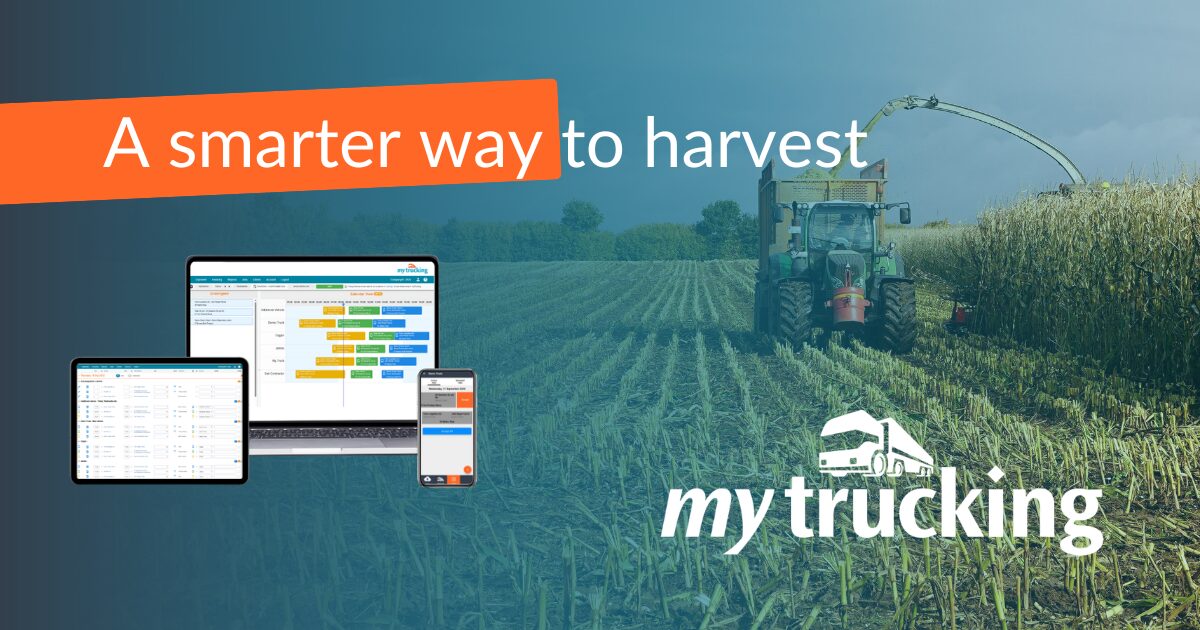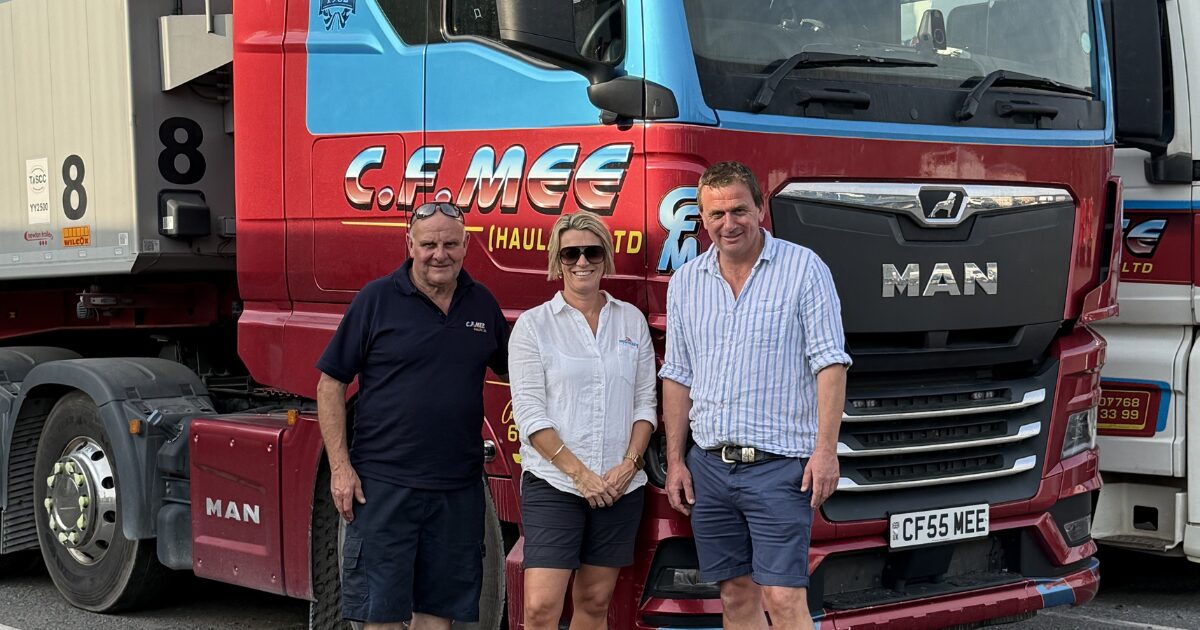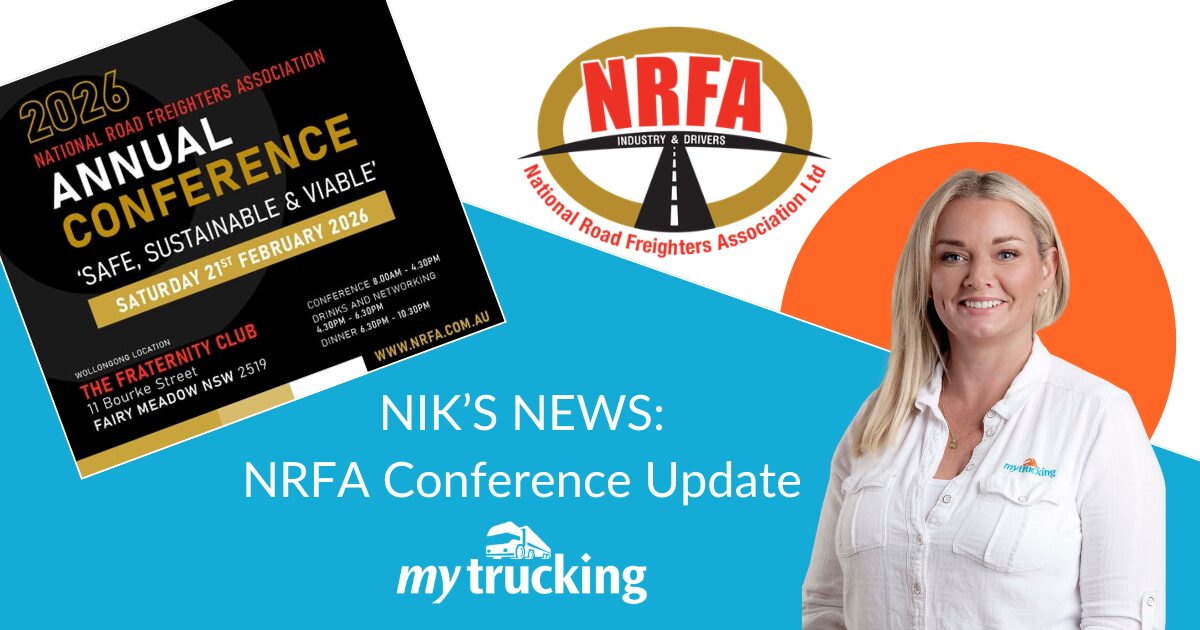Your Expenses And Revenue
As a business owner, your expenses and revenue are often viewed in different ways. It’s often straightforward to keep an eye on how much your business is making in revenue; after all, this is often a key indicator of how profitable your business can be. However, neglecting to keep track of your company’s expenses can have damaging effects on your business and limit your growth.
This article will explain the importance and benefits of keeping track of expenses and revenue per kilometre and how to manage them effectively.
Let’s get the expenses out of the way first.
Importance Of Tracking Your Business Expenses
Keeping an eye on your expenses can be daunting, but here’s why it’s a vital step of daily finances.
Helping to improve cash flow management
Keeping track of your expenses helps resolve cash flow management errors that occur without you realising. Knowing your up-to-date business expenses allows you to make better decisions, benefitting your company’s finances. Check out more tips to improve cash flow.
Helping you become financially aware
By tracking business expenses daily, you can control costs and see what you’re spending your money on. These daily figures become your marker to see how balanced your monthly expenses and revenue are, and this process helps you become more financially aware.
Determining profitability of the business
In reality, many business owners struggle to calculate profitability because they don’t keep accurate records of their income and expenses. Fortunately, by tracking expenses and revenue regularly, you can quickly determine your profitability without digging through records.
Helping you to meet financial obligations
Once you set up a monthly plan for spending that considers your income and expenses, tracking your daily expenditure is essential to keeping you on target with your obligations. If you don’t keep track of your money, how will you know when to stop spending in a given category?
What Is Revenue Per Kilometre In Trucking?
As the main pricing measurement for trucking is the kilometre, it is crucial that companies understand their vehicle cost per km. Doing so provides an easier way to match operating expenses with pricing decisions.
To calculate the revenue per kilometre, take the total revenue generated by a truck over a certain period and divide it by the kilometres travelled in the same space of time.
Travel cost per km is used to calculate the profit margin on each load, making price planning for future shipments more accurate and helping to increase profits through load planning.
Expenses Towards Calculating Your Total Revenue Per Km
Running costs in transportation can differ hugely, depending on the size of your operation and the cargo your company carries. Before calculating your total revenue per km, knowing which expenses to factor in is essential..
Driver wages
Driving labour expense is the single most significant expense for trucking companies. Depending on the location, operating mode and length of travel, the combination of driving compensation, benefits and payroll taxes ranges from 28% to 50% of revenue.
Fuel price
Fuel represents the second-largest variable operating expense for any company. However, you can reduce trucking costs through better fuel management processes such as vehicle tracking and efficient load planning.
Fleet and truck maintenance cost
Maintenance expenses should capture all labour, parts, tyres, tools, etc. Maintenance is a very visible cost to your business but it’s often those smaller items mentioned that are missed when calculating your revenue per kilometre.
Equipment financing expense
Properly maintaining equipment allows transport companies to extend the average life cycle of their vehicles, therefore reducing the varied expenses related to financing both trucks and trailers.
Insurance rates
Insurance is the total cost of liability, physical damage, cargo insurance premiums, plus the expense of any other accident-related damages. The last item is one that sometimes gets ignored or is inappropriately categorised as a maintenance expense.
Fixed overheads such as rent, utilities, etc
This category will include all rent, office supplies, software, utilities and communications expenses.
Any other variable driving expense
This captures all the permits, tolls, and fines, motels, driver screening and recruiting expenses. These travelling expenses per km, can be significant depending on the size of the operator/company.
Thinking Beyond The Best Rate Per Km: Ways To Increase Your Profit Potential
Once you have calculated your revenue per kilometre, there are more ways to help your company cut expenses and boost your profit potential. Let’s look at some key areas this can be done.
Adopt the best invoicing practices
Using a management system that offers an invoicing tool is one of the best invoicing practices to drive up your profit potential. Doing so makes it easier to send out any trucking invoices. Once updates are available, you will be alerted, saving you time and eliminating the risk of user errors, resulting in delayed payments.
Keep your trucks in the best condition
Maintaining your truck or fleet is one of the easiest ways to maximise your profits. Regular maintenance work and repairs can help ensure that your trucks are running efficiently and don’t cause you any unnecessary delays.
Reduce idling time
Planning your loads carefully to avoid unnecessary travel, will ensure you’re generating the most profits possible on all trips. MyTrucking can assist truckers in developing long-term load planning strategies. Our technology focuses on up to the minute information and routes your trucks in a way that will maximise long-term profitability.
Use the latest technology
There are apps and tools available that can help you access the better rates, avoid traffic hold ups and more. A GPS tracking system can also help you track your vehicles’ location, fuel efficiency, and driving behaviour, which can help you improve your operations. A TMS system can calculate your income per vehicle, and with an integration with your GPS tracking system this can provide the reporting you need.
Keep track of your fuel spending
Utilising fuel card programs, optimised routing technology, and careful trip planning to avoid backtracking are just a few simple ways to optimise fuel costs.
In Summary…
Having all the relevant data available when calculating your expenses, whether expenses per km or otherwise, is vital. Without all the accurate information on your business expenses, you will be unable to present a real account of your company’s finances.
Using accounting software for trucking businesses that integrate with MyTrucking allows you to input all fixed and variable expenses into your accounting system, and MyTrucking will work out the income component for each job and truck. In freeing yourself from this task, you now have more time and resources to decide how your company will use the data to grow your business.
External Links
For more information on the topics covered, go to;
- What Is Expense Tracking and How Can It Help Your Business?
- Thinking Beyond The Best Rate Per Kms: 8 Ways To Increase Your Profit Potential




